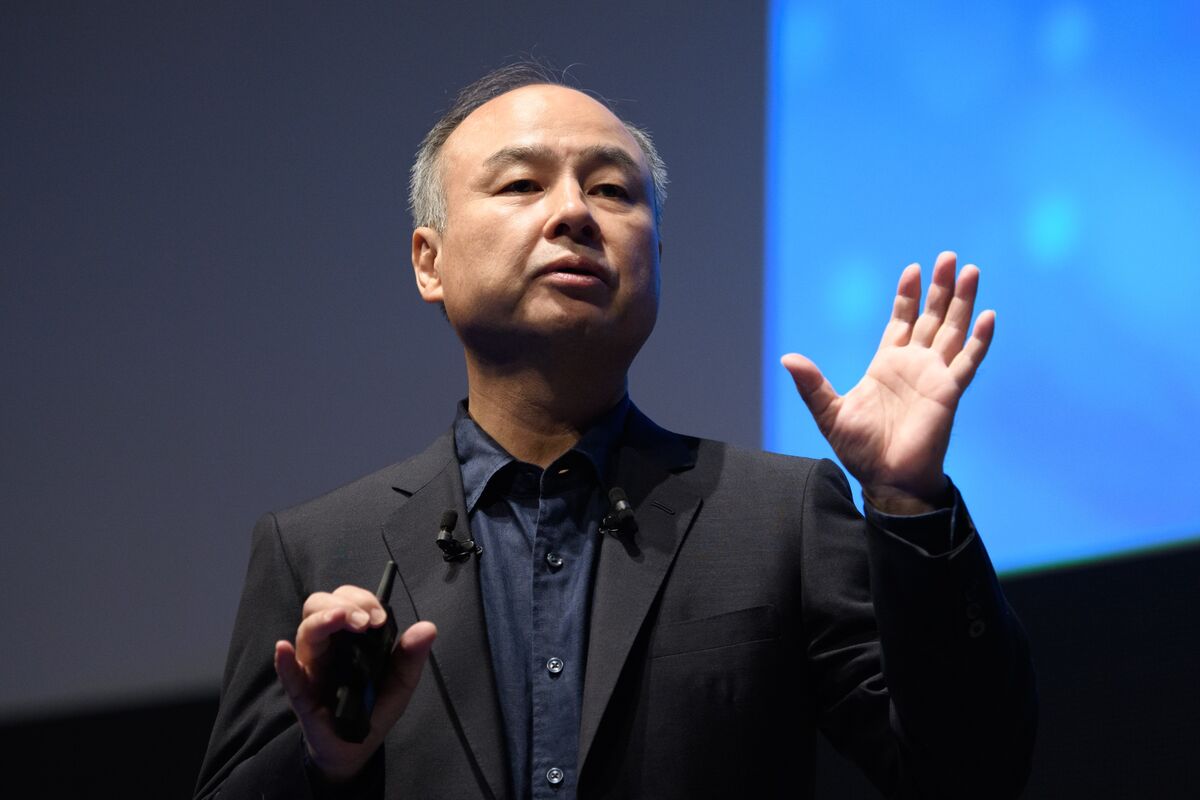Artificial intelligence is reshaping the world at a breathtaking pace. At the forefront of this revolution stands Masayoshi Son, the visionary founder of SoftBank. Known for his bold investments and uncanny ability to spot the next big thing, Son is now staking the future of his Japanese tech giant on what he calls artificial superintelligence (ASI).
He predicts that ASI an AI system 10,000 times smarter than humans will become a reality within just a decade. This is no ordinary bet. The SoftBank AI revolution is poised to redefine industries, economies, and societies. But what makes Son’s vision so compelling? And how might this gamble shape the global tech landscape? Let’s delve deeper.
Masayoshi Son’s Vision: The Dawn of Artificial Superintelligence
Masayoshi Son has always been a risk taker. His investment history tells the story: in 2000, he put $20 million into Alibaba, a then little-known Chinese e-commerce startup. That investment has since ballooned into billions, marking one of the greatest tech success stories of the 21st century. Now, Son is doubling down on AI, confident that the next transformative wave will come from superintelligent machines.
Son defines artificial superintelligence as AI systems that vastly outperform human intelligence by as much as 10,000 times. While today’s AI mainly focuses on narrow, task specific applications, ASI would fundamentally alter how decisions are made, problems are solved, and innovation unfolds. Son’s prediction, ASI will arrive within the next 10 years, revolutionizing everything from healthcare to finance, logistics to entertainment.
The SoftBank AI Revolution: Strategic Investments and Portfolio
SoftBank’s AI focused investments reflect Son’s strategy of shaping an ecosystem capable of harnessing the power of ASI. The company’s Vision Fund, worth over $100 billion, invests heavily in startups working on AI, robotics, cloud computing, and data infrastructure.
One prominent example is SoftBank’s investment in NVIDIA, a leader in AI hardware and computing power. NVIDIA’s GPUs are critical to training advanced AI models, and their technologies underpin much of today’s AI breakthroughs. By backing NVIDIA, SoftBank strengthens its foothold in AI’s foundational technology.
Another strategic move is SoftBank’s partnership with startups developing autonomous vehicles and robotics, such as Boston Dynamics. These companies showcase the practical applications of AI and hint at how ASI could evolve to interact with the physical world.
Expert Opinions on the AI Timeline and Impact
While Son’s prediction of ASI arriving within a decade is ambitious, many experts agree that AI will dramatically transform our world in the near future. Dr. Fei-Fei Li, a leading AI researcher, acknowledges rapid advances in machine learning but cautions that superintelligence still faces significant technical and ethical hurdles.
Conversely, AI theorist and entrepreneur Ben Goertzel supports Son’s optimism, emphasizing accelerating research in neural networks, quantum computing, and brain computer interfaces. According to Goertzel, breakthroughs in these areas could fast-track the development of ASI.
However, ethical experts urge caution. The potential risks of superintelligent AI include job displacement, privacy invasion, and even existential threats if AI’s goals misalign with human values. Son’s vision, therefore, comes with not only technological promise but also profound responsibility.
What Drives Masayoshi Son’s Bold Bet?
From interviews and public appearances, Masayoshi Son reveals a mix of personal ambition and philosophical belief driving his AI focus. He views technology as humanity’s greatest tool to solve age old problems such as poverty, disease, and climate change. For Son, AI is not just a business opportunity it is a mission to elevate human potential.
His past successes have also shaped his fearless approach. The Alibaba investment was dismissed as risky by many, but Son’s conviction paid off handsomely. This experience likely fuels his confidence in betting on a future where AI is central.
What the SoftBank AI Revolution Means for the World
If Son’s vision comes true, the SoftBank AI revolution will catalyze a shift unlike any before. ASI could usher in. Automation of complex jobs, smarter resource allocation, and new industries built on AI capabilities.
Personalized medicine, predictive diagnostics, and AI assisted surgery improving outcomes worldwide. Smarter cities, intelligent infrastructure, and seamless communication powered by ASI driven networks. Countries and corporations leading in AI will gain massive advantages, reshaping geopolitics and market dynamics.
However, this revolution will require careful governance, transparency, and global cooperation to ensure AI benefits all of humanity, not just a privileged few.
SoftBank’s Bold AI Bet Is a Defining Moment
Masayoshi Son’s commitment to the SoftBank AI revolution is more than a business gamble it’s a visionary leap into the future. By betting on artificial superintelligence arriving within 10 years, Son challenges the world to rethink what technology can achieve.
SoftBank’s vast investments and strategic positioning demonstrate a clear intent to not only ride the AI wave but to lead it. While obstacles remain, from technical complexities to ethical considerations, the potential rewards economic, social, and human are enormous.
As we watch this AI revolution unfold, one thing is clear Masayoshi Son and SoftBank are determined to play a starring role in shaping the next era of innovation and human progress.
